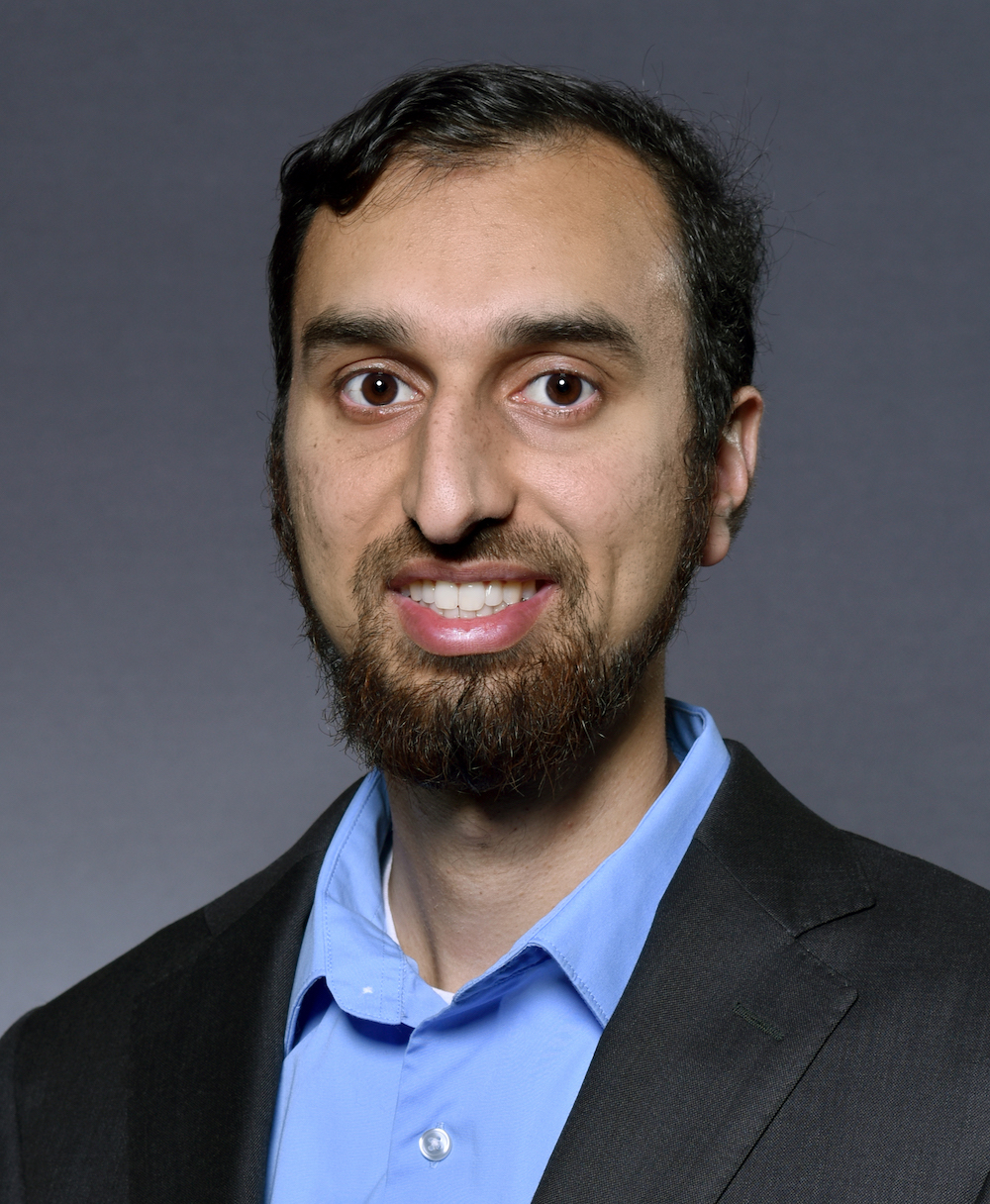
Hatim Rahman, Associate Professor of Management and Organizations and Sociology (by courtesy) at Northwestern University
Friday, April 18, 2025 1:30 - 3:00pm
Abstract
Advances in artificial intelligence (AI) have heightened the importance of examining how organizations manage data. Unlike prior technologies in which data are used to develop predictable outputs often based on defined human input, today, data enable AI to autonomously learn, adapt, and make consequential decisions. Reflecting the increased importance of data for AI systems, emerging research suggests that organizations must engage in “data work” to ensure data are adequately prepared to develop AI models. This research, however, primarily examines data work when data are readily available. Yet, organizations may encounter many situations in which that is not the case. We leverage an 18-month qualitative field study to examine how a large healthcare organization engaged in three types of data work - expansive, integrative, and extractive - to develop a low-cost AI-enabled ultrasound probe for patients in lower- and middle-income countries. We theorize the type of data work organizations engage in for AI development depends on what we call data embeddedness, which refers to how embedded data are in existing socio-technical systems. The deeper data are embedded, the more extensive data work is required to collect data for AI systems to train upon. Together, this paper identifies the concept of data embeddedness and how it influences the types of data work necessary to access, collect, and make data useful for AI systems in organizations.
Biography
Hatim A. Rahman is an Associate Professor of Management and Organizations and Sociology (by courtesy) at Northwestern University. His research investigates how artificial intelligence, undergirded by algorithms, is impacting the nature of work and employment relationships in organizations and labor markets. His research and teaching have received numerous awards, including the National Science Foundation CAREER award.